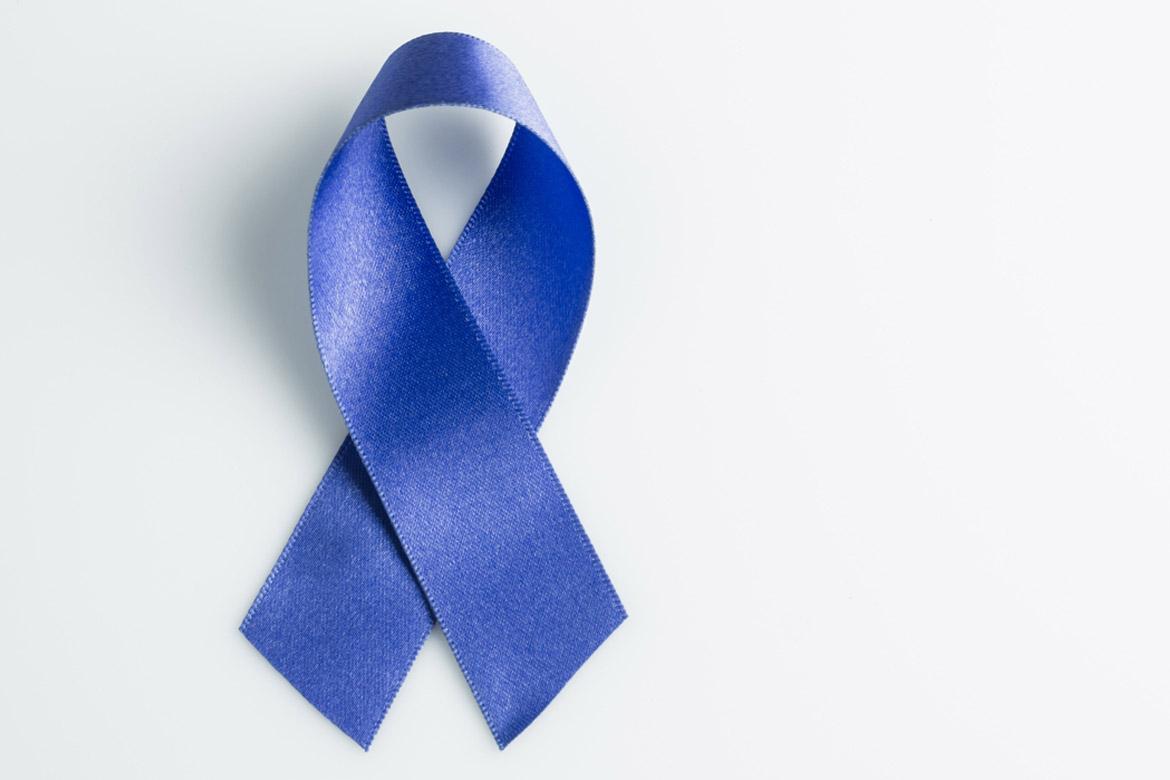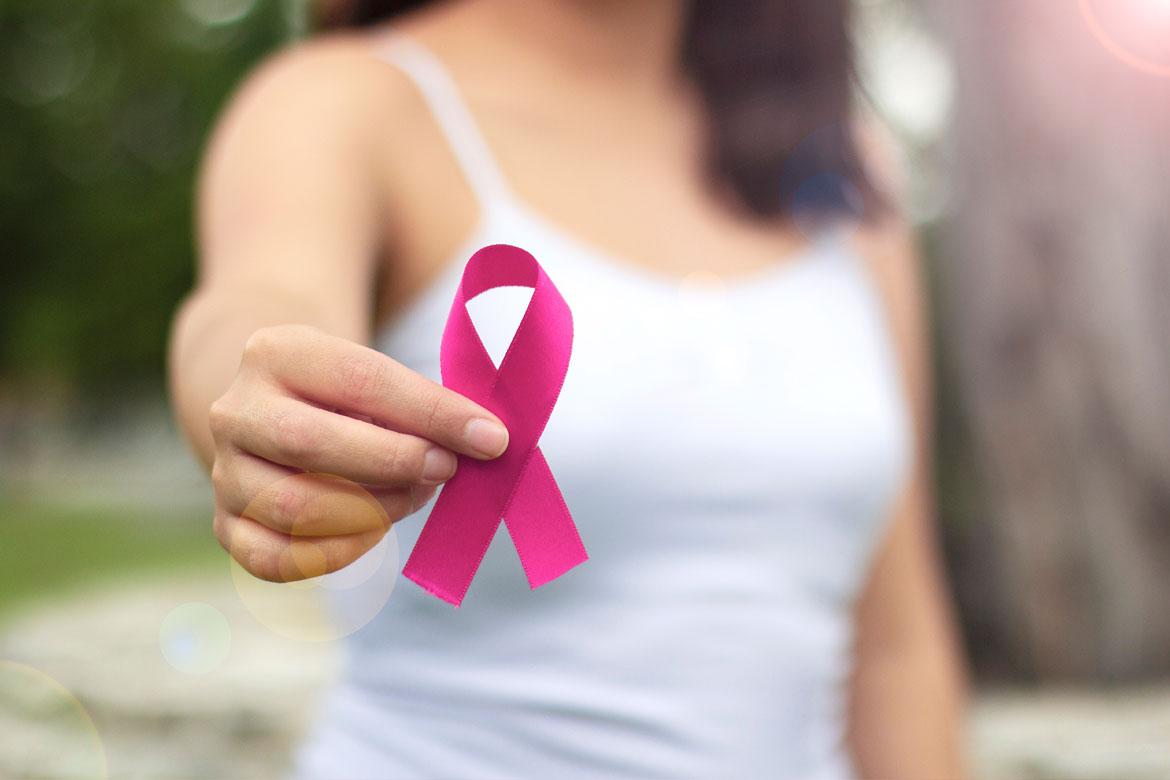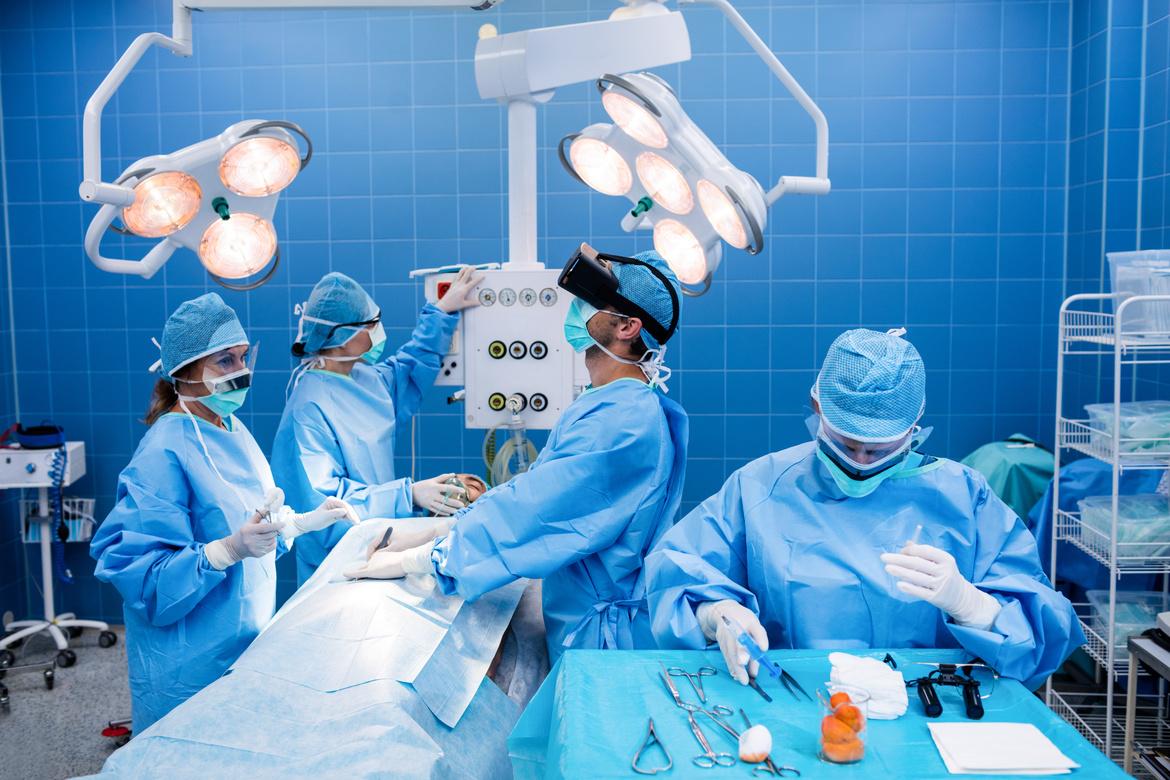
Bile Duct Cancer (Cholangiocarcinoma)
What is bile duct cancer (cholangiocarcinoma)?
Bile duct cancer, also known as cholangiocarcinoma, begins in the cells that line the inside of the bile ducts.
Bile ducts are thin tubes connecting your liver to your small intestine. They transport bile, which is produced by the liver, to help digest the fat we consume.
The bile duct system has several distinct parts. First, there are the intrahepatic bile ducts, found within the liver. This consists of small ductules, which merge into ducts, and then separate to become the left and right hepatic ducts.
The left and right hepatic ducts exit the liver, merging to form the common hepatic duct. The cystic (gallbladder) duct joins the common hepatic duct to form the common bile duct, which passes through the pancreas and joins with the pancreatic duct before emptying into the first part of the small intestine (duodenum).
In most countries, bile duct cancer is considered a rare type of cancer.
Types of bile duct cancer (cholangiocarcinoma):
There are several types of cholangiocarcinoma, based on where the cancer begins:
Intrahepatic bile duct cancers
These cancers begin in the small bile ducts inside the liver.
Perihilar or hilar bile duct cancers
These cancers start at the hilum, where the left and right hepatic ducts merge and exit the liver.
Distal bile duct cancers
These cancers occur further down the bile duct, closer to the small intestine.
What are the symptoms of bile duct cancer (cholangiocarcinoma)?
Symptoms of bile duct cancer include:
- Abdominal pain on the right, just below the ribs
- Dark urine
- Fatigue
- Fever
- Itchy skin
- Jaundice
- Pale or light-coloured stools
- Nausea and vomiting
- Unexplained weight loss
What causes bile duct cancer (cholangiocarcinoma)?
It is unclear what causes bile duct cancer, but long-term (chronic) inflammation may contribute to its development, as inflammation can damage cells and lead to changes in its DNA, altering the way cells grow.
What are the risk factors for bile duct cancer (cholangiocarcinoma)?
These conditions are believed to be risk factors for bile duct cancer:
- Parasitic infection of the bile duct
- Abnormalities where the bile duct and pancreatic duct meet
- Choledochal cyst disease
- Chronic ulcerative colitis
- Cirrhosis of the liver or chronic liver disease
- Diabetes
- Inflammatory bowel disease
- Primary sclerosing cholangitis
- Hepatitis B or C
- Human immunodeficiency virus (HIV)
- Non-alcoholic fatty liver disease
- Obesity
Other factors which may play a role include:
- Alcohol consumption, which can lead to liver cirrhosis
- Exposure to certain toxins
- Age, with most cases occurring over the age of 50
What are the complications and related diseases of bile duct cancer (cholangiocarcinoma)?
In some patients, the resulting tumour from bile duct cancer can obstruct the bile duct and cause infection of the bile drainage system (cholangitis).
Bile duct cancer may also lead to cirrhosis, causing scarring and destruction of liver cells, especially among patients with primary sclerosing cholangitis.
How do you prevent bile duct cancer (cholangiocarcinoma)?
There is no specific way to prevent bile duct cancer but you can take steps to reduce your risk by preventing liver inflammation and cirrhosis by:
- Consuming alcohol in moderation
- Getting vaccinated against hepatitis B
- Avoiding coming into contact with someone with hepatitis C
If you have been diagnosed with bile duct cancer, you may also want to watch your diet to help manage your condition.
Foods to avoid with bile duct cancer
- White foods that have been refined or processed
- Fried foods
- Sugary foods
- Salted meat
- Raw fish
- Processed foods
This page has been reviewed by our medical content reviewers.
Need help?
For enquiries, please call
+65 6250 0000 (Orchard) or +65 6898 6898 (Novena)
For appointment bookings, please WhatsApp
+65 8111 7777 (Orchard) or +65 8111 5777 (Novena)
 Brain & Spine Care
Brain & Spine Care







